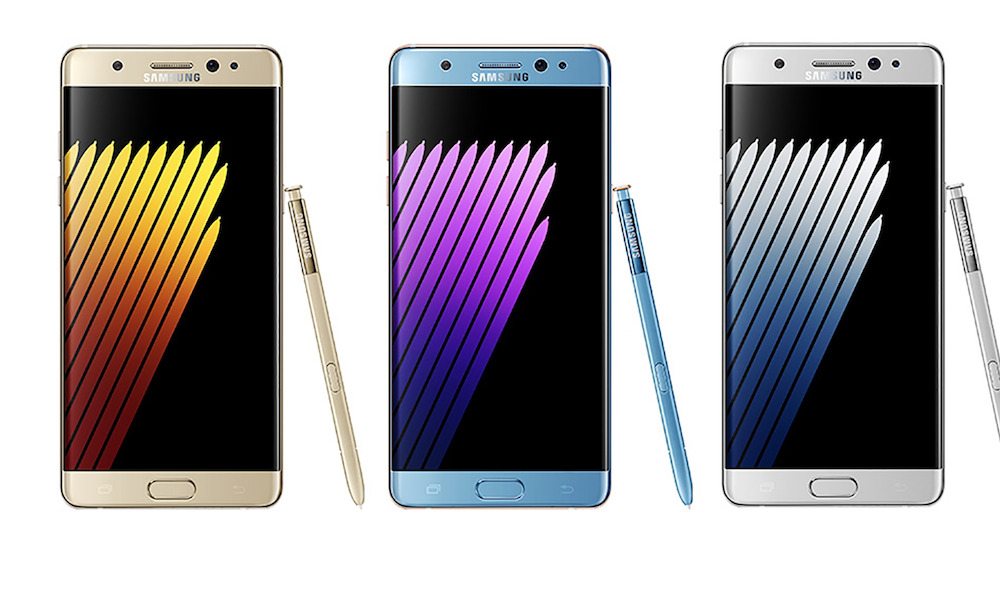Monkey See, Monkey Do: Samsung Gears up to Sell Reconditioned and Discounted Smartphones, Just Like Apple

Toggle Dark Mode
There’s a popular mantra that’s surfaced in the tech world, especially in recent years, and it goes a little something like this: If it looks good, has plenty of opportunity with little potential for downside, and if it’s not already restricted by patents and the such — then, in conclusion, “it” is probably a really good idea!
Apple had one of these “it” ideas, of which we speak, back when the company decided to start selling refurbished iPhones in select markets around the globe. The door was officially opened for customers who, a) don’t really care too much about the “newness” factor of their device; and b) thusly, they wouldn’t mind settling for a second-hand, reconditioned handset, if it meant they’d be getting it for a portion of the original price.
Yet, whether you know it or not, these handsets (at least the ones sold by Apple directly) actually go through a fairly rigorous process of testing, have faulty components replaced, and are essentially reconfigured from the ground up — long before they’re sold to the public at considerable discounts.
It’s really a no brainer for those looking to save a few bucks; and Apple, well aware of the way some people think, has been enjoying the limelight for a while now. However, Samsung is now catching onto Apple’s trend-setting mentality — in that the company has officially decided to pursue an intrinsically similar program, according to Reuters, which could launch as soon as early 2017.
And what an opportune time it is, indeed, for the South Korean Galaxy-maker to hop aboard this goldmine trend, is it not? After all, according to recent statistics, the global market for refurbished tech hardware — be they smartphones, tablets, or otherwise — generates well over $17 billion per year in revenue. And that’s a mighty deep well that Samsung can now tap into if its plans go through as expected.
Much akin to Apple, Samsung plans to recondition the second-hand devices, itself, at its own factories. However, what remains unclear is where the devices will ultimately be redistributed once they’re all reconfigured and packaged up nicely (i.e., in the same market, or elsewhere).
Historically speaking, though: Samsung handsets have performed rather unimpressively on the second-hand smartphone market — retaining an average of about 51% of their original value, while, in comparison, Apple’s iPhone still dominates the market with around 69% value retention.
To be fair, Samsung indicated that the primary reason it was looking to get into the first-party sales of second-hand devices is to help keep its operating margins at a reasonable level — albeit while bolstering profit potential in the process, right?
Still, Samsung has introduced a plethora of impressive handsets over the last two years — including the Galaxy S6, S7, and new Note 7 — which have been designed and constructed with impeccable attention to detail; so it should be quite interesting to see how those devices perform — especially in relation to some of the company’s former, inexpensive, and aesthetically ho hum devices like the Galaxy S2 or S3 — on the developing second-hand market.
And it won’t be long until we find out, right? Sources speaking to Reuters reported that Samsung is hoping to gain a footing in the multi-billion-dollar market by the 2nd half of next year.
Would you purchase a second-hand Samsung device? Let us know in the comments!






